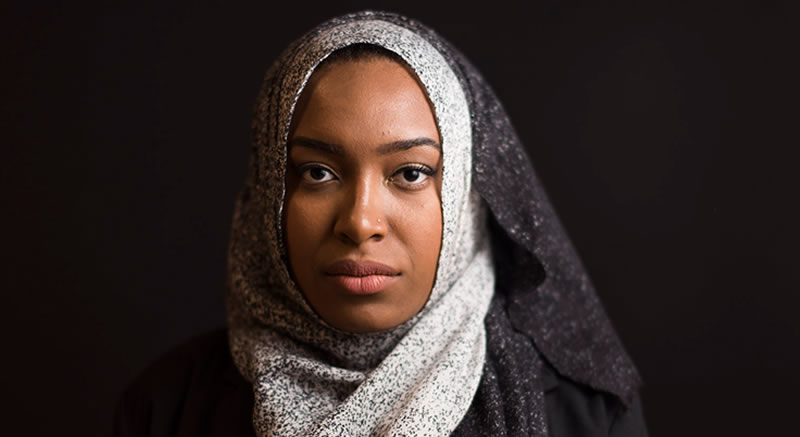
According to the network, Zeinab Khenyab was earlier sentenced to three months in prison in December in another case for “propaganda against the state.”
The woman from southwestern Iran had attracted attention as part of the nationwide protests when the authorities had her shop shut down.
In September 2022, the death of a young Kurdish woman, Jina Mahsa Amini, triggered the largest protests in the history of the Islamic Republic.
For months, young people, in particular, took to the streets to demonstrate against the Islamic system of rule.
Amini fell into a coma after an allegedly violent clash with the morality police and died shortly afterwards.
Recall that in 2018, The Guardian UK reported that an Iranian woman who publicly removed her veil in protest against Iran’s compulsory headscarf law has been sentenced to two years in prison.
Tehran’s chief prosecutor, Abbas Jafari Dolatabadi, who announced the sentence, did not give the woman’s identity but said she intended to appeal against the verdict, the judiciary’s Mizan Online news agency reported.
Dolatabadi said the unidentified woman took off her headscarf in Tehran’s Enghelab Street to “encourage corruption through the removal of the hijab in public”.
The woman will be eligible for parole after three months, but Dolatabadi criticised what he said was a “light” sentence and said he would push for the full two-year penalty.
More than 30 Iranian women have been arrested since the end of December for publically removing their veils in defiance of the law.
Most have been released, but many are being prosecuted.
Women showing their hair in public in Iran are usually sentenced to far shorter terms of two months or less, and fined $25.
Iranian law, in place since the Islamic Revolution of 1979, stipulates that all women, Iranian or foreign, Muslim or non-Muslim, must be fully veiled in public at all times.














